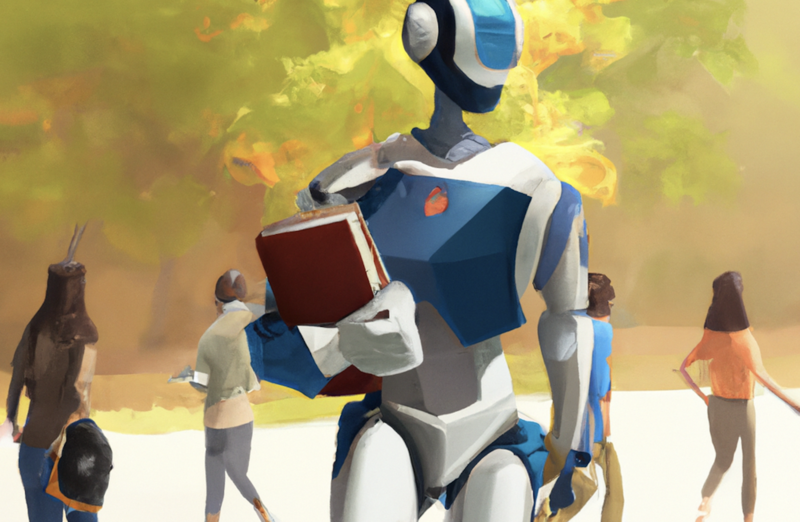It’s back to school for students across Canada, and teachers are preparing to contend with a new presence in the classroom that’s shaping up to be more disruptive than the class clown: Artificial intelligence.
Why it matters: This is the first full school year in which students will have ready access to AI-powered tools like ChatGPT and Bard that make it possible to generate essays and assignment responses with the click of a button.
- A survey of educators published by Study.com last year found that one in four had caught at least one student using ChatGPT to cheat on written assignments.
Driving the news: Some Canadian schools have banned students from using generative AI to complete assignments, while others are adopting a wait-and-see approach.
-
The University of Toronto, York University, the University of Ottawa, and Université de Montréal have implemented policies effectively banning the use of generative AI for assignments by default, with instructors allowed to make exceptions.
-
The University of Alberta, Dalhousie University, and the University of British Columbia have murkier policies that do not rule out generative AI but warn students that using the text it generates could lead to inadvertent plagiarism.
Yes, but: Enforcing bans on generative AI may be easier said than done since there is often no reliable way to detect with certainty AI-generated writing.
-
Turnitin, a widely-used plagiarism-detection software, initially claimed its AI detector returned false positives—cases where it wrongly marked writing as AI-generated—only 1% of the time, but later said that estimate was low (and now does not publicize a specific incidence rate at all).
Rather than banning generative AI, some educators are looking at ways to incorporate the tools into their curriculum.
-
Some teachers are asking students to use ChatGPT to create essay outlines before writing the complete assignments in class the old-fashioned way, with a pen and paper.
- Others have generated essays with ChatGPT and then asked students to evaluate them, much as a teacher would review a student’s assignment.
Bottom line: This year will be a major test for the education system, and a failing grade could force a rethink of how we teach kids.—TS
